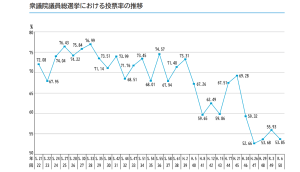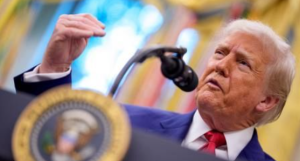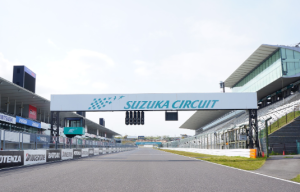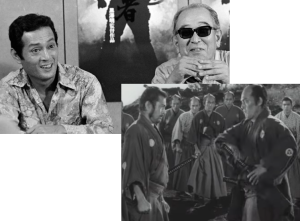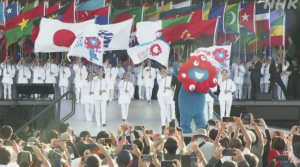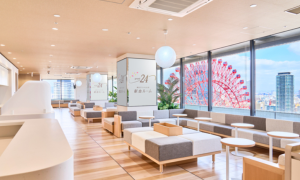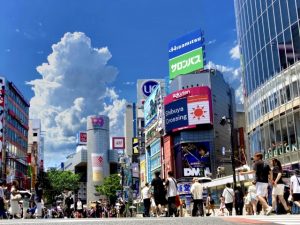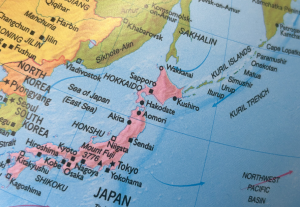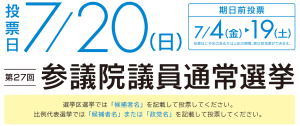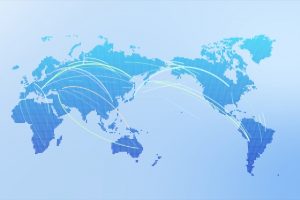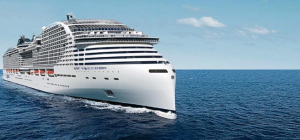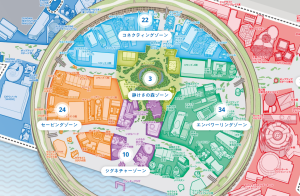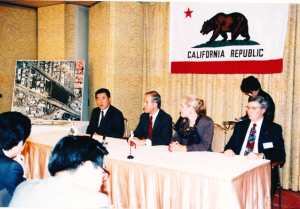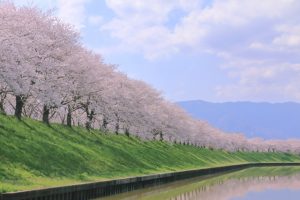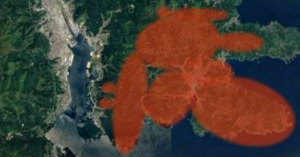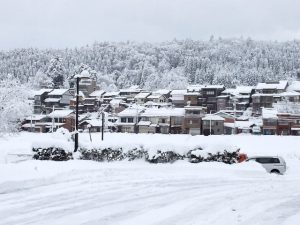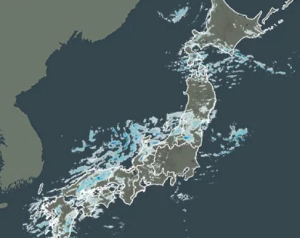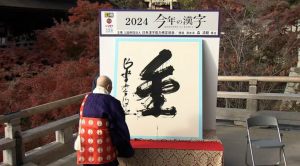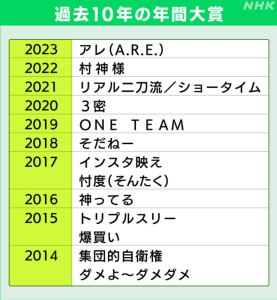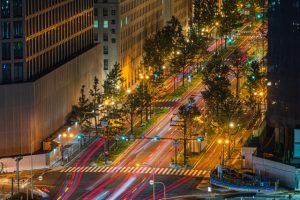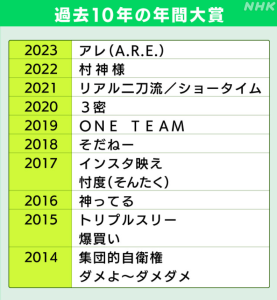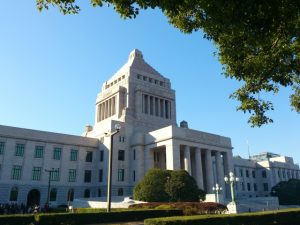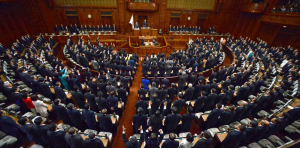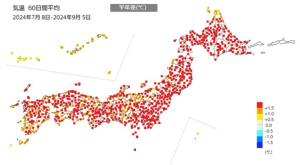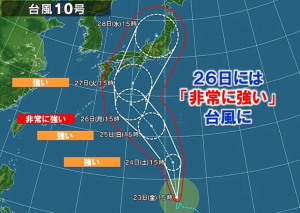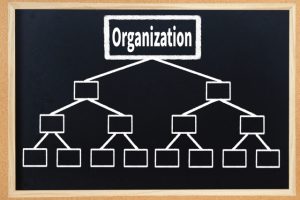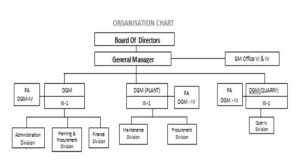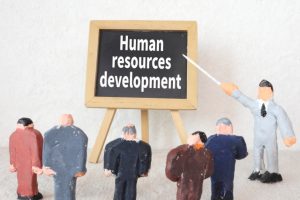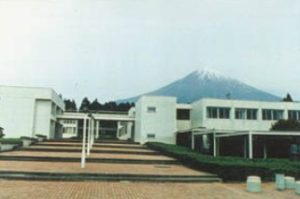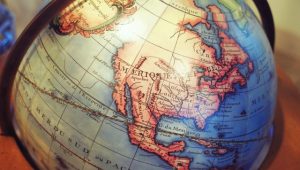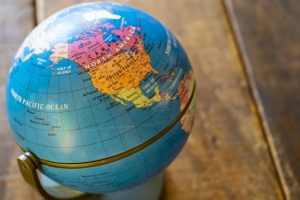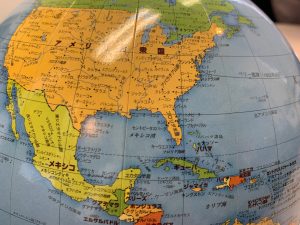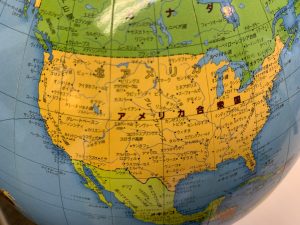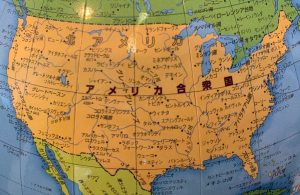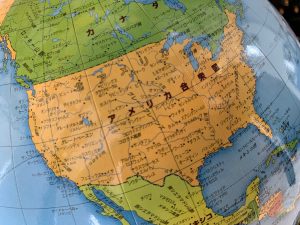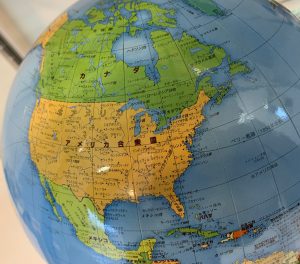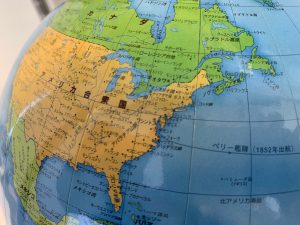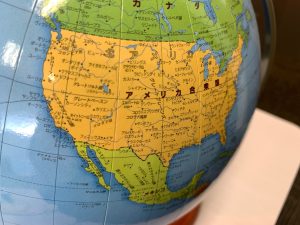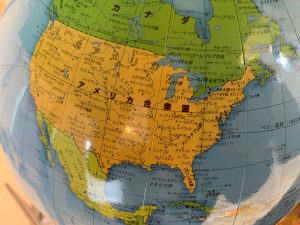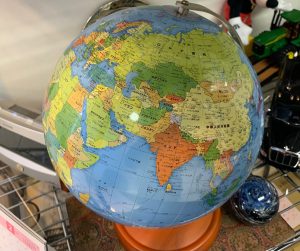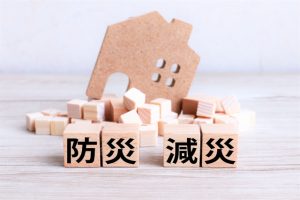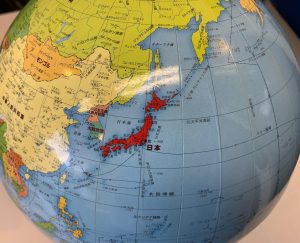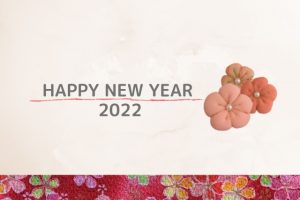Re: A news item and subject which I just want to check out (103) September 1, 2023
This is the first blog delivery in three weeks, but it is September from today in the blink of an eye. Anyway, it was a hot summer. There was a headline called “global boiling” in the newspaper the other day, and it seems that the world’s temperature in July was the highest on record. It is said that Japan was also the hottest in more than 100 years. Extreme weather has become the norm, and I feel that the world’s climate has entered a state where the abnormality is the new normal.
Such climate change leads to transport delays and rising logistics costs in the world, and these are becoming business burden. For instance, it is said that 130 ships were forced to wait for passage on the Panama Canal that connects the Atlantic with the Pacific in mid-August. It is said that what is the reason for that is shortage of canal water, because the lake that supplies water to the canal has lowest water level since June 2015 in late July. Under that influence, the spot fare from Shanghai in China to East Coast in the United States was more than 50 % higher compared to the end of March as of the second week of August.
And crop failures such as grain are occurring one after another around the world due to drought, and olive oil hit the highest price. On the other hand, crops were damaged by heavy rain caused by the monsoon in India and Indian government launched out on rice export restriction. India is the world’s largest rice exporter. This measure in India spreads to Thailand, the third largest export country, and price surge and hoarding are occurring. The crude oil market is calmer compared to before, but concerns about food inflation are increasing and there are concerns about the impact on Japan. Like this, bad influence of extreme weather is becoming apparent all over the world.
■■A lot has happened lately.
■China entirely stopped import of marine products from Japan:
Tokyo Electric Power started treated water from the Fukushima No.1 Nuclear Power Plant release into the ocean on August 24. Against this, Chinese government immediately stopped entirely import of marine products from Japan.
Why is China so hardline? It is because domestic circumstances in China are in very serious conditions economically and socially, and the focus of the gas venting is directed towards Japan. This is a usual trick of Chinese Communist Party. In September 2012, anti-Japanese sentiment erupted in response to nationalization of the Senkaku Islands Okinawa prefecture by Japanese government, and protests turned violent in various cities. Against not only Japan but also Korea, in July 2017, a fierce anti-Korean movement broke out in response to the disposition of THAAD, Terminal High Altitude Area Defense missile, and China banned group travel to Korea. Therefore, Jeju Island, tourist spot, had hardly any visitors. At that time, it took more than two years to resume visiting Korea. It is said that travel to Japan is also beginning to be affected this time according to news reports. Thinking from the precedent in Korea, the restriction on visiting Japan is realistic and there is concern that it will be prolonged.
China is a totalitarian state, and there is no national level election, and the Communist Party is a one-party dictatorship. The Communist Party controls everything, and enforces strict information and press regulations and does not publish anything inconvenient, and never admit policy failure. Patriotic education is also being strengthened. The organization of the Communist Party penetrates every corner of society, and China is a thorough surveillance society. It was imperative to have the Communist Party members at a joint venture company in China which I was involved in, and their role was ideological education in the workplace. Of course, the Communist Party is pulling the strings behind the anti-Japanese movement this time. Mr. Jack Ma, the founder of Alibaba which is the leading e-commerce company, disappeared from the stage of glory, just because he criticized the Communist Party.
The number of members of the Communist Party is 98.04 million increased by 1.32 million compared to the previous year as of the end of 2022, and 100 million is on the verge. It is said that applicants for the joining the Communist Party was 20.96 million increased by 0.33 million compared to the previous year. This background seems that “if young people become party members, they will have an advantage in their career advancement or in employment in the civil service and state-owned enterprise”, because the unemployment ratio of young people is more than 20 %.
China has many and serious problems. The former high economic growth is past. The bubble collapse of real estate accounting for about 30 % of GDP and deflationary concern, debt expansion of central and local government, an aging society with a low birthrate more serious than Japan posed by the failure of “one child policy”, decline in foreign investment, widening gap between rich and poor that does not like a communist country, and so on. Looking at from another perspective, the magma where the Tiananmen Square Incident occurred in June 1989 may recur is accumulating. Therefore, Chinese government has to take a hard line externally and turn the people’s eyes outward. The same is true of the Taiwan issue. We have to be prepared that it will take time to normalize.
My first visit to China was November 1976, 47 years ago. It was just after the termination of Cultural Revolution that had lasted for 10 years. Since then, I visited China more than 30 times and I also involved in the joint venture. In December 1988, I had an audience with the then president of the state, Mr. Deng Xiaoping. Through such experience, what we Japanese don’t forget is that “there is a different type of country called China” within just 1~2 hours by plane.
■Births from January to June this year have continued to decline, according to vital statistics:
According to vital statistics published by the Ministry of Health, Labor and Welfare the other day, the number of births from January to June 2023 was 371,052, a 3.6 % year-on-year decrease which is a preliminary figure including foreigners. It has fallen below 400 thousand two years in a row, and was the lowest number since 2000. The number of marriages as a leading indicator of the number of births also remain at an all-time low, and there is the possibility of further decline of the number of births.
Due to the impact of the declining birthrate, four-year private universities with fewer applicants than their capacity this spring were 320 accounting for 53.3 %, and the percentage exceeded 50 % for the first time since the survey began in 1990. Private junior colleges with fewer applicants than their capacity was record high 92.0 % increased by 6.3 % compared to the previous year. It is expected that the decline in the population of 18-year-old will accelerate, and the Ministry of Education, Culture, Sports, Science and Technology estimates that the number of new university students will be 510 thousand in 2040 and 490 thousand in 2050. If total admission capacity remains as it is, 20 % will be excessive. Now it is all entered era, and if this situation continues, there are concerns about a decline in academic ability.
■I went to Nagano about one week the other day. During that time, I went to Tsumagoi.
It is located on the border between Nagano prefecture and Gunma prefecture at an altitude of about 1,000 meters, and the temperature was around 20 degrees and I felt comfortable because the humidity was low. And there was cabbage field which is a special product as far as the eye can see in the background of Mt. Asama that looks close by. I touched the original scenery of Japan for the first time in a long time. And the brewery in the village has a unique atmosphere, and a local beer with hop bitterness goes very well with anchovies and cabbages pasta. It was delicious.


